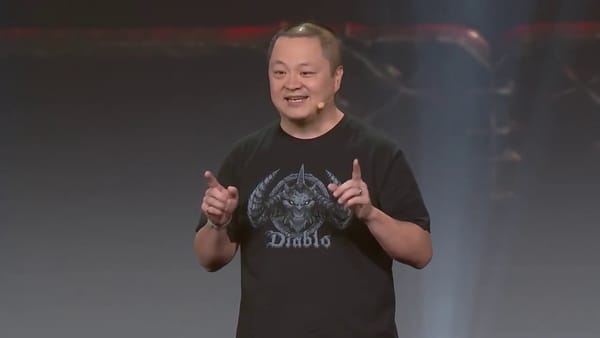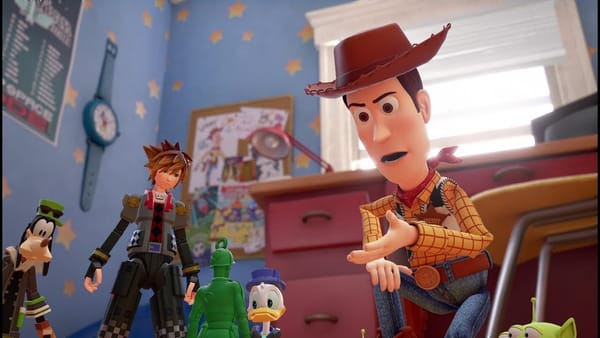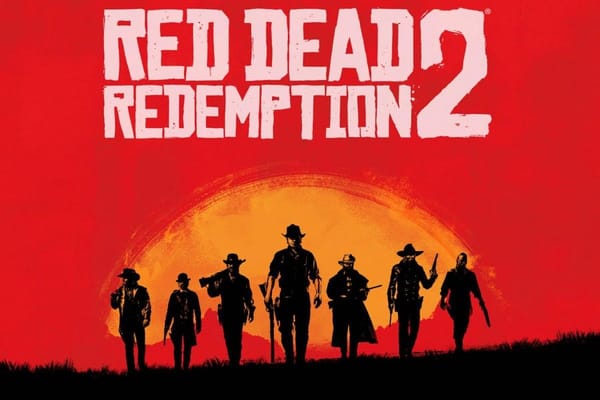Microtransactions: the covert gambling ring of the gaming community
The publisher of FIFA is preparing to sue the Belgian government in international court over legislation designed to prevent children being able to gamble. How have we ended up here, and where will the industry go now?

The gambling accusation refers to loot boxes, effectively Pokémon booster packs for in-game cosmetics and perks. Much like card packs, most of the contents are common trash, but there is always potential of finding something rare and flashy that you can show off. Fundamentally, both card packs and lootboxes play on the same risk-reward system of slot machines, and as such they can trigger the same addiction reactions in people. Now, gambling in itself is fine, and the question of whether lootboxes should exist at all is a complicated one. The unambiguous issue arises when they are prominent in games with huge young playerbases. Fortnite and Overwatch are two obvious examples of games that hit wide demographic ranges while hiding their items in boxes behind paywalls. For an adult with financial independence, it’s up to them to decide how they spend their money, but the “need” to buy these items is a lot stronger for impressionable kids and teens. If everyone around them and everyone they watch online has cool items, they’re going to want to get them too, and so often find themselves pouring huge amounts of money into these loot boxes. These kids are learning what it feels like to gamble.
But why, then, did EA and Battlefront burst the bubble and lead legislatures on the subject? They pushed the system too far and broke their game in service of lootboxes. See, lootboxes are a symptom of a growing problem in the games industry. Publishers try to extract every bit of money possible from every game. A game can’t just be profitable; it has to be the most profitable game on the market. This is why you might feel some games have been “dumbed down” over time. You’re probably not wrong, simpler games can appeal to more people. Over time these money grabbing practices have become more and more anti-consumer. It used to be that you would sell a game then produce DLC (downloadable content) down the line for a secondary income boost. Then publishers started realising that they could make even more money by producing this content before the game is released while the developers are in crunch and waiting a few weeks before flogging it. Finally, they moved to carving content out of completed games and selling them as DLC down the line and even on day one. Memorably, Mass Effect 3 had two quite pivotal story missions walled off in this way. And if you want the worst example, track the ever more ludicrous world of digital deluxe and special editions.
But with microtransactions you don’t really need to make any more meaningful content, and if they’re in the form of loot boxes you can tempt players to spend far more than if they just bought what they wanted directly. Microtransactions started cropping up in triple A games a few years ago, and have now spread like a plague. It started as a way to sell cosmetics for multiplayer modes, a little bit of bonus revenue to pay for servers, but has now escalated to the point where single player experiences are having their gameplay loops destroyed in order to facilitate selling hapless consumer experience boosters and item packs. If you were wondering why the new Assassins Creed games have switched to a stat based loot and level system, it was to facilitate the 7 pages of purchasable upgrades and boosters you see in Odyssey. All in service of extracting every last dime they can.
And here we come to how Battlefront. Lootboxes playing on the addiction centres of children’s brains is an ethical issue, but it was only thrown into focus because of how far Battlefront overstepped the line. The entire progression system was linked to a slow drip feed of free lootboxes, but of course you were more than welcome to pay for them yourself. However, to unlock all content in the £40 game you already paid for, you would need around 4500 hours of play, or £1700 of lootboxes. This system existed specifically so that no matter how long the game lasted, every player would always have a reason to buy just one more box. The fan reaction was catastrophic. When, on Reddit, a spokesperson for EA tried to explain how the system hoped to give players a sense of “pride and accomplishment” with every unlock, it became the most down voted comment in Reddit history. The outrage was so immediate, so universal, and so vocal, Disney threatened to take the Star Wars licence away from EA for fear of them damaging the brand. Suddenly governments across the world woke up to the fact that this gambling was going on under their noses. Belgium was just the first country to legislate, but many are investigating as we speak. EA can’t afford to let this legislation set a precedent. For years their FIFA series has raked in hundreds of millions of dollars from people buying latest games then later buying hundreds of card packs to rebuild their ultimate teams. They refuse to let that cash cow die, and so no matter how bad the press is, they have to fight Belgium, and they have to win.
However, it’s not just about the lootboxes. The games industry operates under a level of self regulation, and if governments started taking a look at their flagrantly anti consumer practices they could be in serious trouble of losing these sources of recurrent income. In the year since this PR calamity, lootboxes have started to vanish (at least from triple A games), to be replaced with the far more openly sleazy standard micropayments. The industry is hoping that they can sidestep further scrutiny by essentially saying “we messed up, but we’ve regulated ourselves and the problem is solved, please go back to looking the other way”. But I for one hope they don’t get away with this, and that these companies are forced to scale back their dealings in micro transactions. Once they can’t squeeze you for all your worth they’ll have to go back to the old system of making a profit by making the best games.
So that’s where we are today. Publishers continue to fight for their right to exploit you in new and innovative ways. But EA screwed the pooch, and we may be at the start of a long road that leads to a better games industry for customers.









